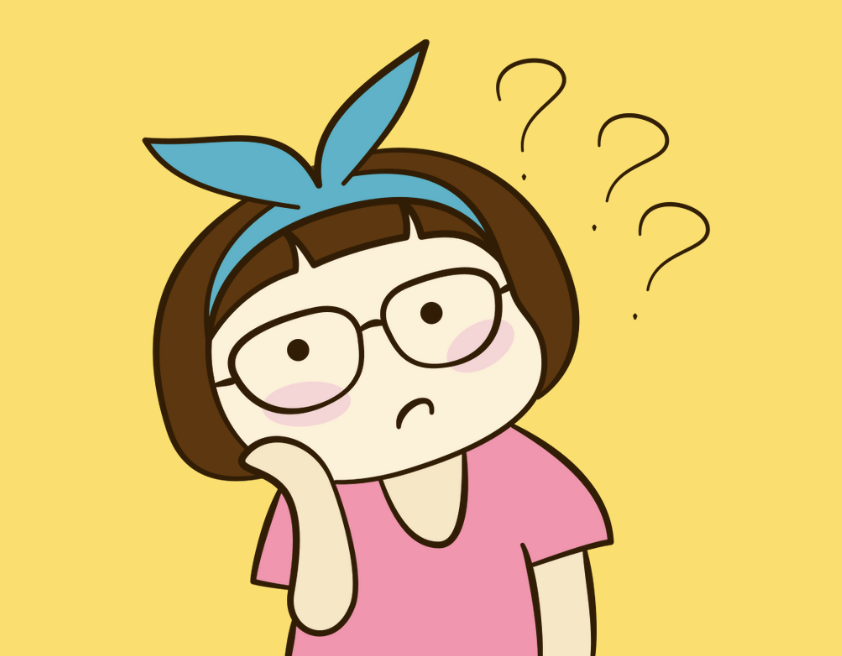 There has been a big increase in public awareness about media literacy in the past five years. It is commonly understood as a means to address the growing problems with disinformation, propaganda, and so-called fake news. This is quite good news for me as an expert in the topic. I am the author of Mind Over Media: Propaganda Education for a Digital Age (2020, Norton), which won the 2021 PROSE Award for Excellence in Social Sciences from the American Association of Publishers.
There has been a big increase in public awareness about media literacy in the past five years. It is commonly understood as a means to address the growing problems with disinformation, propaganda, and so-called fake news. This is quite good news for me as an expert in the topic. I am the author of Mind Over Media: Propaganda Education for a Digital Age (2020, Norton), which won the 2021 PROSE Award for Excellence in Social Sciences from the American Association of Publishers. However, this conceptualization of media literacy as an antidote to disinformation is quite at odds with my own understanding of the practice of media literacy, which I consider to be an expanded conceptualization of literacy. Now that we create, consume and share "texts" in a wide variety of forms, media literacy must include all the competencies needed for sense-making across information, entertainment, and persuasive genres.
My position has been misrepresented by people who think that media literacy is a "threat to reading and writing." It's been misrepresented by people who think that media literacy education is leading to a generation of people who "question everything," leading them to "disrespect experts" and fall prey to conspiracy theories. My position has been misrepresented by some people in the information literacy community who think that media literacy's focus on interpretation and meaning making, political economy, semiotics, media systems, and media effects is inadequate to the need to help people verify reliable information in a sea of sponsored content and junk online news. My position has even been misrepresented by people who see media literacy as a core dimension of university programs in media studies, and who resent the efforts by those in public health and education to "encroach on their territory."
My work has also been misrepresented by both liberals and conservatives. My more liberal colleagues have suggested that my approach to media literacy offers a "neutral" position that is insufficiently focused on issues of power/knowledge dynamics and issues of race, class, and gender. They even use a different term ("critical media literacy") to differentiate themselves. My position on media literacy has also been misrepresented by hyperpartisan conservative advocacy groups who see media literacy as a dangerous liberal idea that promotes indoctrination -- and right now, they're coming after us with sharpened knives.
But as I write this, I observe that all these misrepresentations are both a blessing and a curse. As more and more people weigh in on the different kinds of media literacy needed for people of all ages to navigate the ever-changing media ecosystem, there will inevitably be different flavors of media literacy as people link these competencies to their own passions, their favorite types of media, and their perceptions about the potential benefits and harms of media and technology in society. Media literacy is like a hammer -- it will not cure cancer, but you can use it as a force multiplier to build a lot of different things
Comments(0)